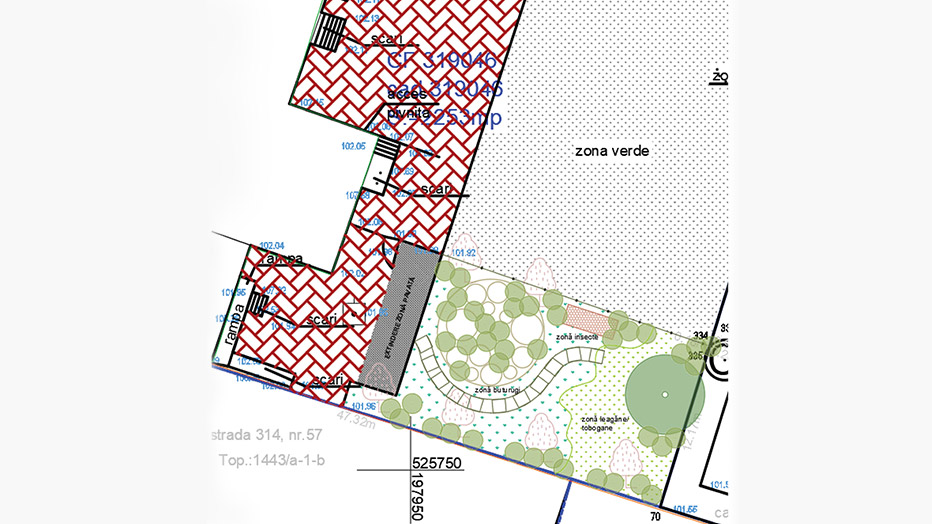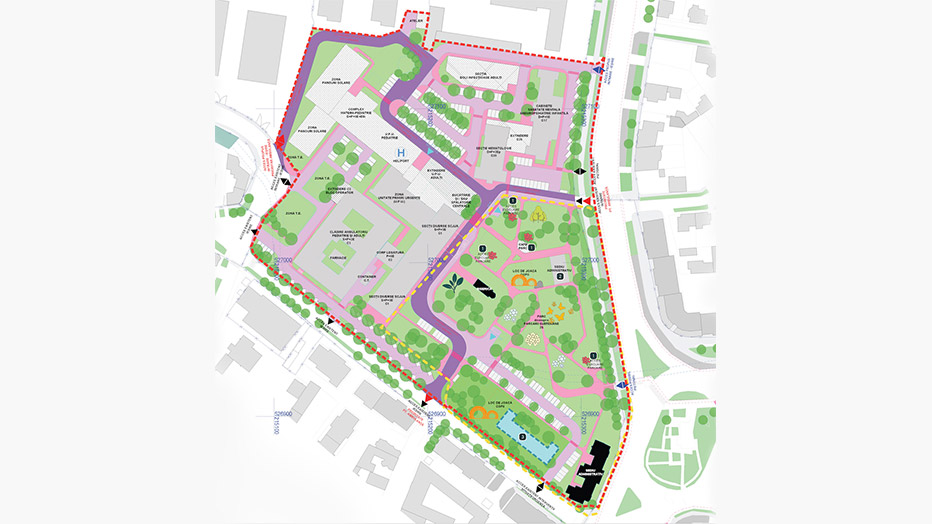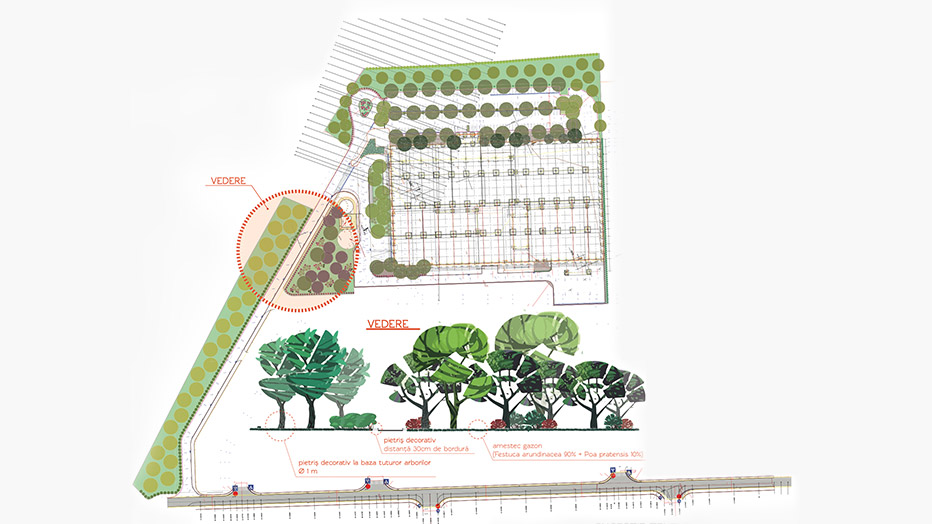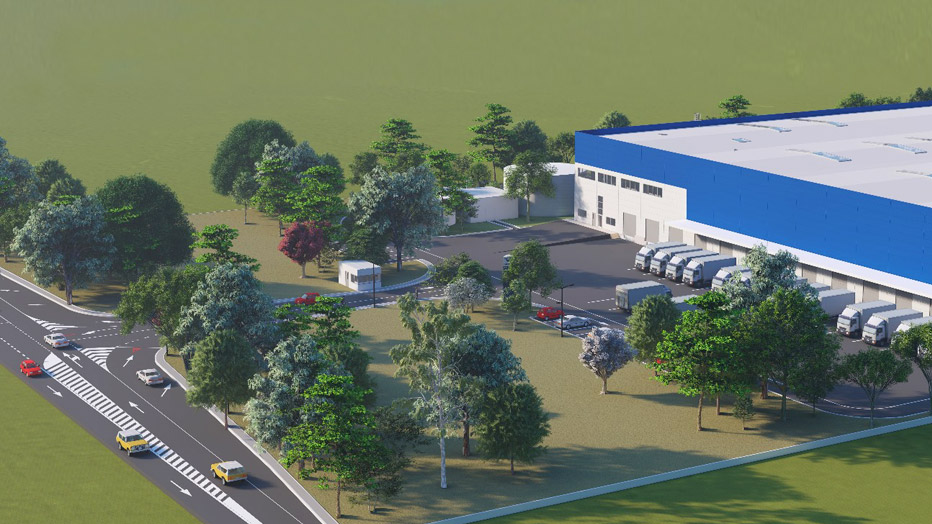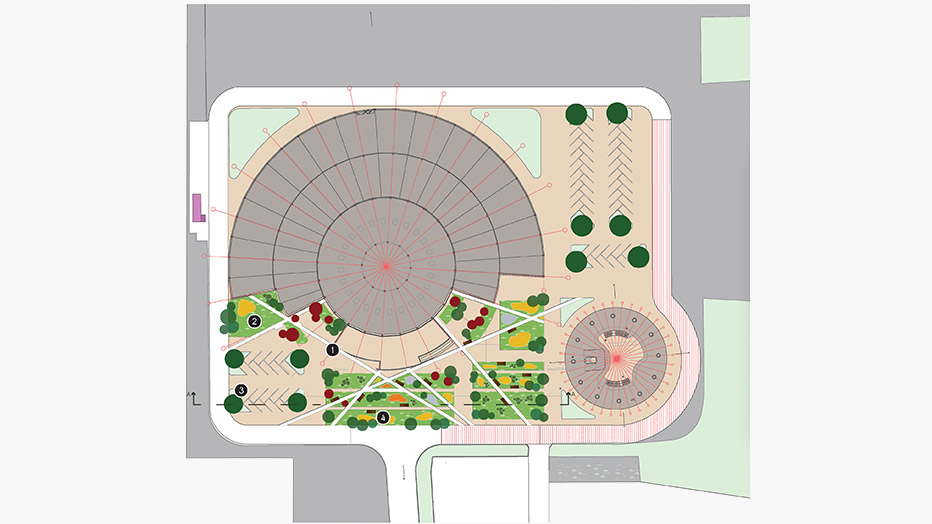
SERVICES
06 Landscape design
WE DELIVER PROJECTS FOR GREEN SPACES
A WELL-DESIGNED LANDSCAPE ENHANCES THE VISUAL APPEAL OF A SPACE
Trends in Landscape Design
Sustainable practices: Greater focus on using native plants, xeriscaping, and reducing water consumption.
Outdoor living spaces: Extending indoor living concepts outdoors, with kitchens, fire pits, and relaxation areas.
Technology integration: Smart irrigation systems and outdoor lighting for functionality and efficiency.
Wildlife conservation: Designing spaces that support local fauna and promote biodiversity.
Landscape design is important for several reasons, each contributing to the aesthetic, functional, and ecological aspects of an environment:
Aesthetics: A well-designed landscape enhances the visual appeal of a space. It creates a sense of harmony and beauty that can elevate the overall experience of an area, whether it is a residential yard, a public park, or a commercial property.
Functionality: An effective landscape design considers how the space will be used. It creates functional outdoor areas that facilitate activities such as relaxation, recreation, gatherings, and even agricultural purposes. Careful placement of pathways, seating areas, and plantings can improve the usability of a space.
Environmental Benefits: Landscape design can positively impact the environment by promoting biodiversity, improving air quality, and managing stormwater. Plants can provide habitats for wildlife and support local ecosystems. Additionally, green spaces can help mitigate urban heat effects and improve overall climate resilience.
Cultural and Historical Significance: Landscapes can reflect the cultural heritage and history of a place. Thoughtful design can honor historical landscapes and incorporate elements that resonate with local traditions, enhancing community identity.
Psychological and Health Benefits: Access to well-designed green spaces has been shown to reduce stress, encourage physical activity, and improve mental well-being. Nature plays a vital role in human health, and effective landscape design can create environments that promote relaxation and rejuvenation.
Economic Value: Aesthetic and functional landscapes can increase property value and attract businesses and tourists. Well-designed public spaces can become focal points for community events and activities, contributing to local economies.
Sustainability: Good landscape design incorporates sustainable principles, such as using native plants, minimizing water consumption, and creating resilient ecosystems. Sustainable practices reduce environmental impact and promote long-term ecological health.
Climate Change Adaptation: Landscape design can play a role in adapting to climate change by incorporating elements that enhance resilience, such as urban forests, green roofs, and permeable surfaces that manage runoff and reduce flood risks.
In conclusion, landscape design is essential for creating beautiful, functional, and sustainable environments that support human well-being and ecological health. Thoughtful design analysis brings wide-reaching benefits to individuals, communities, and the planet as a whole.


